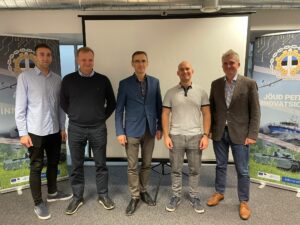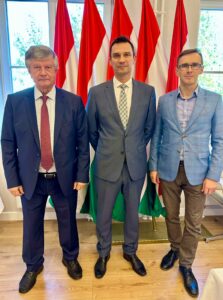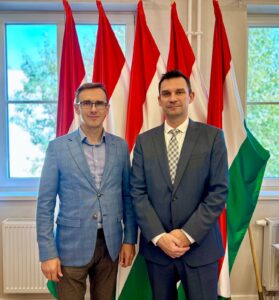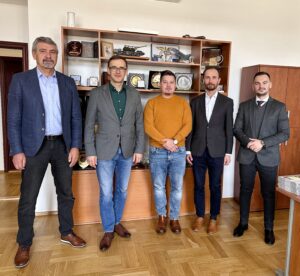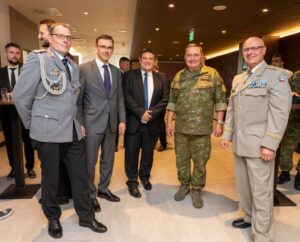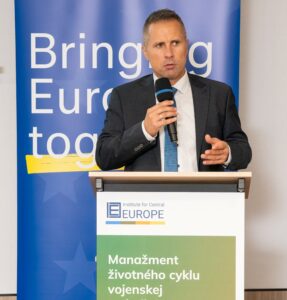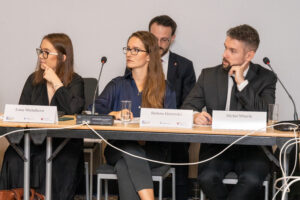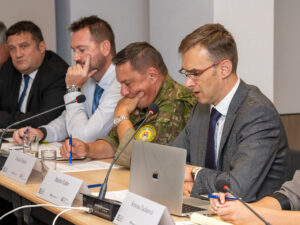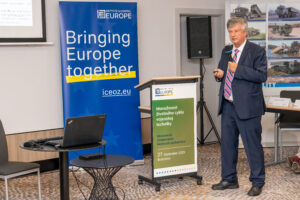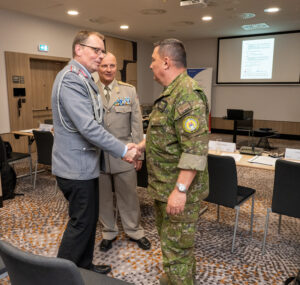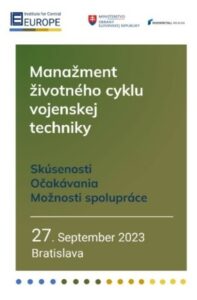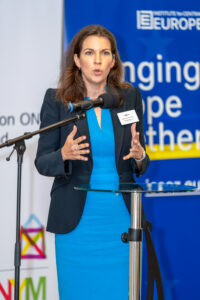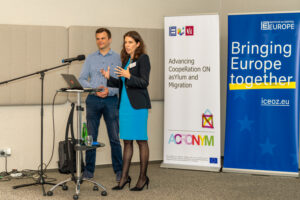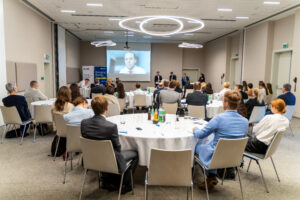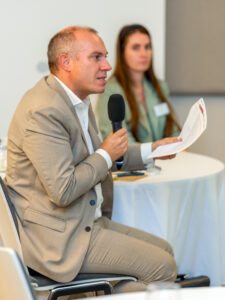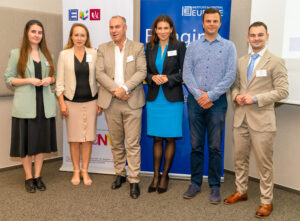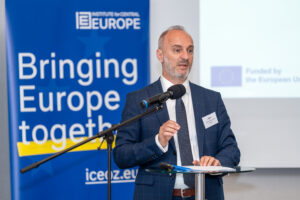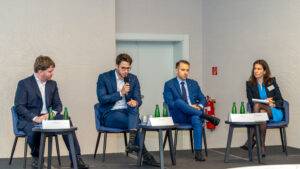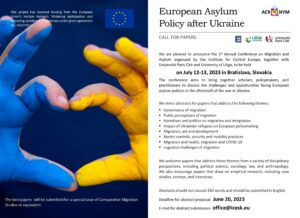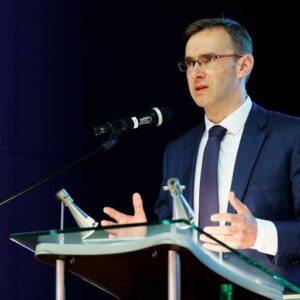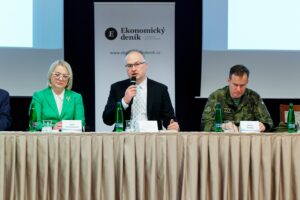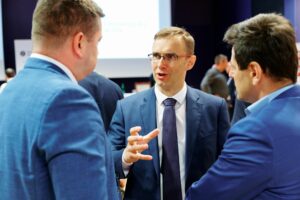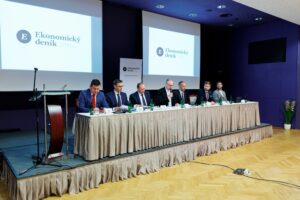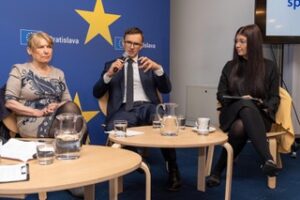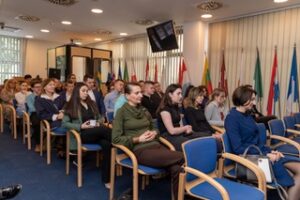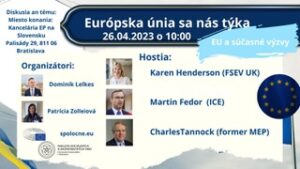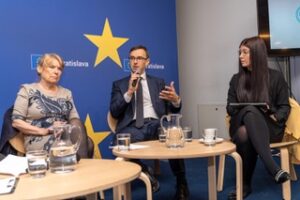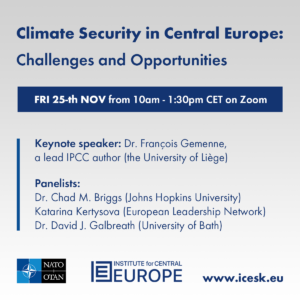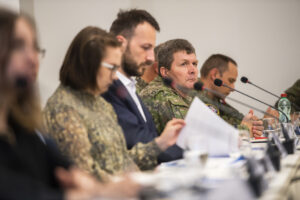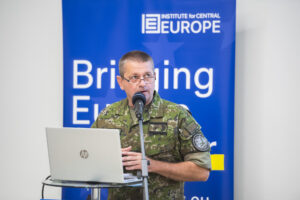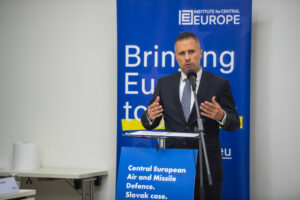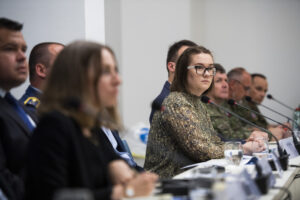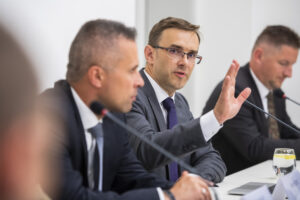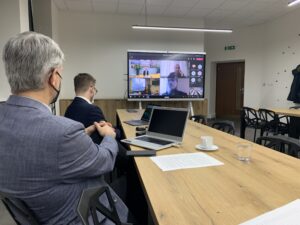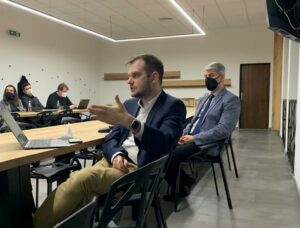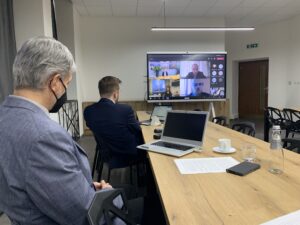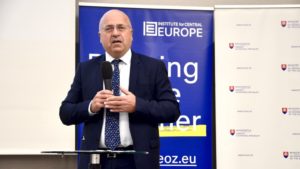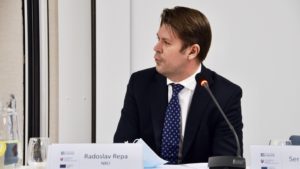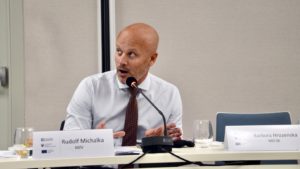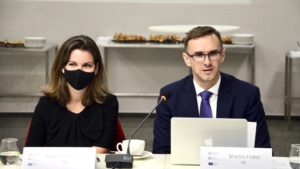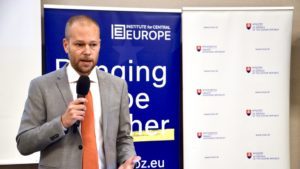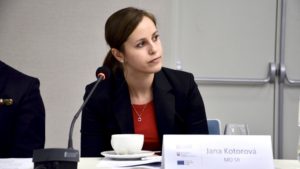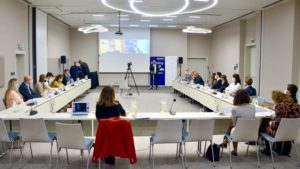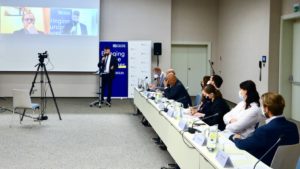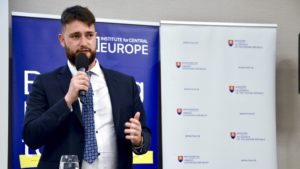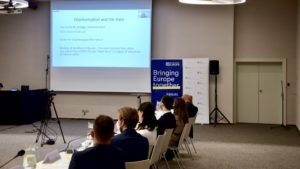Estónsko, 6.10.2023 / Maďarsko, 12.10.2023/ Česká republika, 9.11.2023
International cooperation is a prerequisite for technological development and provides external know-how that can be used to strengthen and improve a country’s innovation capacity. ICE recognises the added value of such a collaborative approach. As part of its project “Slovak Innovation Cluster for Defence and Security”, which aims to map and assess the most appropriate strategy for the creation of a defence cluster in Slovakia, ICE representatives met with representatives of countries and organisations whose geographical proximity, characteristics and structural set-up are similar to Slovakia and whose excellence in the field of cluster establishment and management is unquestionable. Special attention was paid to 3 countries including Estonia, the Czech Republic, and Hungary. Estonia is one of the leading innovators in the field of defence, including dual-use technologies. ICE representatives met with representatives of the Estonian Defence Cluster, a non-governmental organisation that helps to increase the innovative potential of the modern defence industry, as well as the economy as a whole.
In Hungary, representatives of the Ministry of Defence briefed ICE representatives on Hungary’s approach to defence and innovation. When it comes to the Czech Republic, ICE representatives met with the representatives of the DSIA who explained the structure of cooperation between the Czech government and DSIA as well as the organisation’s role in the defence innovation ecosystem in Czechia. Besides the 3 target countries, ICE also devoted special attention to Denmark as one of the pioneers in the acknowledgement of the importance of the support of innovation and the top leaders in this field. When it comes to Denmark, ICE representatives attended a webinar with Klaus Bolving, Business Development Director, and former CEO of the Danish defence cluster, CenSec (Center for Defence, Space & Security). All the visits and the webinar with the Danish representative, Klaus Bolving, provided an overview of the different strategies applied in establishing and managing defence clusters as well as fostering innovation. We will use this information and incorporate it into our analysis and recommendations to the Slovak Ministry of Defence.
The project “Slovak Innovation Cluster for Defence and Security” to explore the possibilities of establishing and operating it is supported by the MoD of the Slovak Republic.
